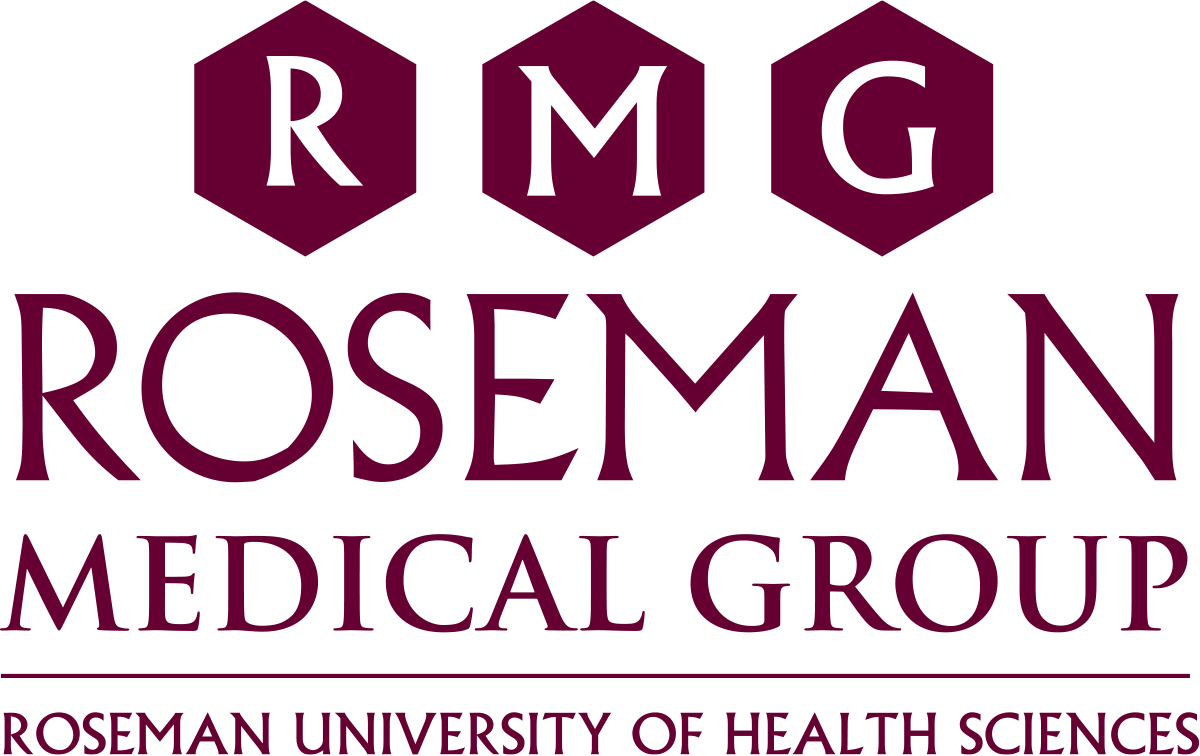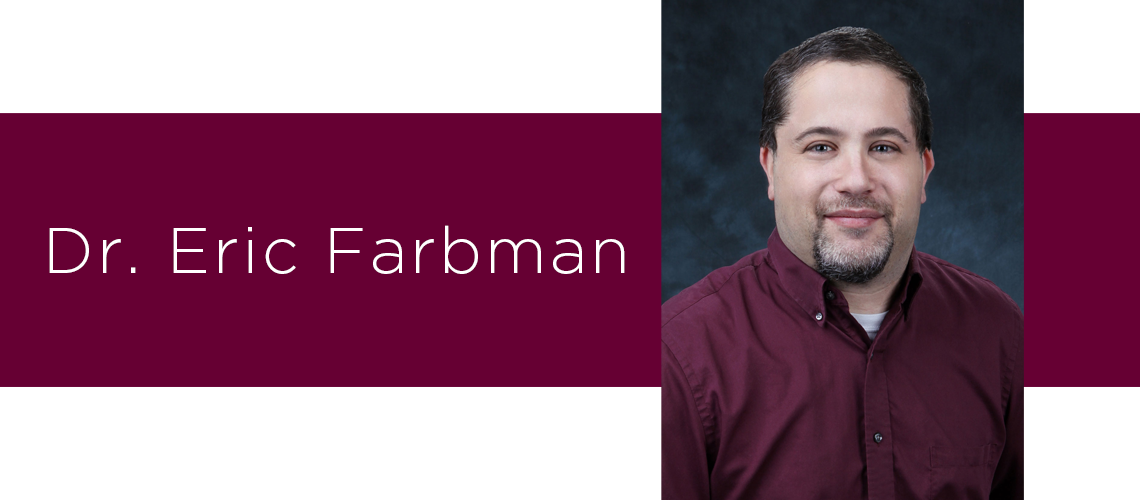Physician, Baseball Fan, Researcher, Volunteer and Collector.
Dr. Eric Farbman grew up in New Jersey as the oldest of three and son of an engineer father, and homemaker and social worker mother. He received his Bachelor of Science and Master of Science degrees from Tufts University and while deciding if his path was leading towards a Doctor of Philosophy (PhD) to conduct research, or a Doctor of Medicine (MD) to treat patients, an old friend encouraged Dr. Farbman to overnight his application (on the last day of the late period) to take the Medical College Admissions Test (MCAT). That advice helped catalyze his decision-making process and selection of a future in medicine. He went on to receive his MD from Rutgers University Medical School.
Medical school curriculum was hard, but once exposed to clinical experiences, Dr. Farbman began to see the light at the end of the tunnel. He did enjoy however, the neuroscience and neuropathology courses, which led to his future sub-specialty in neurology. Following a four-year residency, Farbman went on to complete a Movement Disorders Fellowship, all through University of Pittsburgh. While Dr. Farbman thought Pittsburgh lacked good dating candidates, he found it the ideal place for residency training and to enjoy a favorite pastime, baseball, on the river at PNC Park, what he describes as a beautiful and accessible baseball stadium.
In 2006, following a year of work in Pittsburgh, Dr. Farbman moved to Las Vegas to join the practice of Dr. Steven Glyman and Dr. David Ginsburg. Eventually the UNSOM/UNLV Neurology department subsumed the practice and Dr. Farbman moved into academic medicine with ease, treating patients while helping to educate future students. Dr. Farbman and Dr. Ginsburg ultimately moved to Roseman University and see patients at the Roseman Medical Group practice located in the medical building adjacent to Spring Valley Hospital.
Dr. Farbman specializes in Movement Disorders, a class of neurological diseases that include Parkinson’s, Huntington’s, dystonia, ataxias and tremors. With Parkinson’s Disease, Farbman likens the diagnostic and evaluation of patients as putting together the pieces of a puzzle, a puzzle he enjoys solving. Parkinson’s patients might experience a fall, yet that symptom can be related to a number of other diseases. Ruling out other diseases helps ultimately form the diagnosis, along with presentation of some specific symptoms common to the disease.
According to the American Academy of Physical Medicine and Rehabilitation, Parkinson’s disease is a progressive movement disorder resulting from the loss of nerve cells in the brain that produce a substance called dopamine. The cause of Parkinson’s disease is unknown. One in every 800 individuals develops the condition, which is more common in men than in women. Parkinson’s disease increases with age, with 90% of patients above 45 years of age, and may be related to genetic mutations. Exercise throughout adulthood may reduce a person’s risk.
Early symptoms of Parkinson’s disease begin on one side of the body, with diminished fine motor control, or reduced foot or arm movement. Other symptoms include tremors, stiffness, posture imbalance, difficulty swallowing, constipation and urinary incontinence. Patients may experience slower movement and speech, fatigue, forgetful-ness, loss of smell, depression, and sleep disorders. Symptoms of late-stage Parkinson’s disease include an expressionless face, soft voice and stooped posture, and an inability to walk.
Healthcare providers conduct thorough physical exams, noting specific signs and symptoms that are seen in Parkinson’s disease. Diagnostic testing may play a role in evaluating the disease. Sleep studies, swallowing studies and psychological testing also can assess the severity of the condition.
Several medications are available to manage symptoms, such as tremors and stiffness, in the condition’s early stages. Balance training, stretching and strengthening exercises, and aerobic activity are utilized to help to maintain a patient’s function. Speech therapy is also often recommended. Deep brain stimulation, which is a surgical procedure, also may relieve symptoms. Dr. Farbman specializes in this modality, which through an embedded device and neurostimulator, deep brain stimulation is delivered to patients to improve their symptoms.
According to Dr. Farbman, about 1% of the population will get Parkinson’s and 2% of those over 65 will get it. That said, he estimates roughly 15,000 in Las Vegas are living with Parkinson’s. He also notes that given the multitude of treatment options, that there are far worse diagnoses out there than a Parkinson’s diagnosis. In its advanced stages, quality of life still can be good. Dr. Farbman describes this more so as limitations, not restrictions.
Dr. Farbman is very interested in clinical research around Parkinson’s and currently is conducting a clinical study examining the link between someone’s genetic profile and their Parkinson’s symptoms. In the future, we can better prescribe the “right” medicines based on the patient’s specific variant of the disease and their genetic make-up. Another study aims to look at devices that a patient would wear to measure their daily movements and more accurately record this information.
Dr. Farbman is a gentle, affable, kind person with a natural gift for teaching and explanation. With his patients, he is patient and informative, delivering complex information in an approachable way. Active among the multiple support groups around the Valley, Dr. Farbman is truly a beacon of hope. An excellent diagnostician, he assesses thoroughly, yet swiftly.
In his spare time, Dr. Farbman volunteers as an emergency medic at the annual Boy’s Scouts of America National Jamboree, an event that has been happening since 1937. Often treating mild issues such as dehydration, bee stings, and ankle turns and other outdoor related injuries, it led Dr. Farbman to become interested in Boy’s Scouts Memorabilia. As a collector, Farbman has collected unique specimens of memorabilia, specifically in the form of uniquely designed Scouting patches. Through a special website, Dr. Farbman showcases his collection which he describes as perhaps one of the most extensive in the world.
For patients wishing to learn more about Parkinson’s, or to make an appointment to see Dr. Farbman, please call the Roseman Medical Group, the medical practice of Roseman University of Health Sciences, at 702-463-4040.
For most, a diagnosis can feel like an interminable journey of the unknown. Dr. Farbman uses his experience, intellect, talents and gifts to give patients information, support, and hope in navigating Parkinson’s and other Movement Disorders.
Click HERE to read this same article in the August 2020 issue of Roseman University’s spectRUm magazine.
Article by Vanessa Maniago


